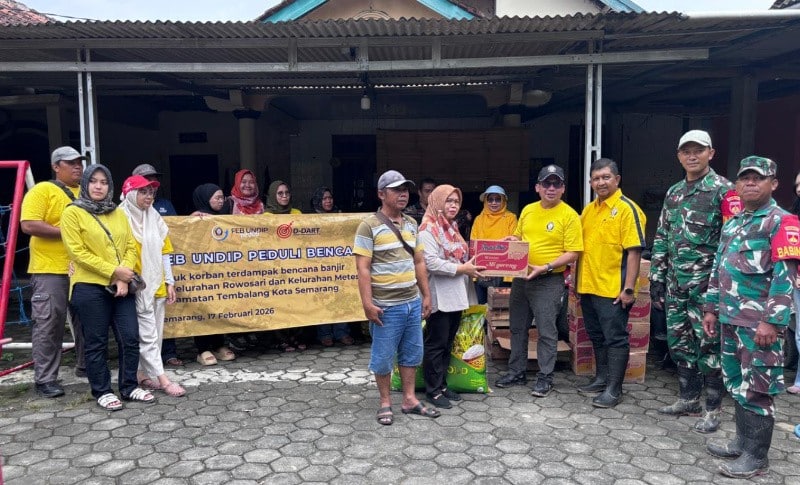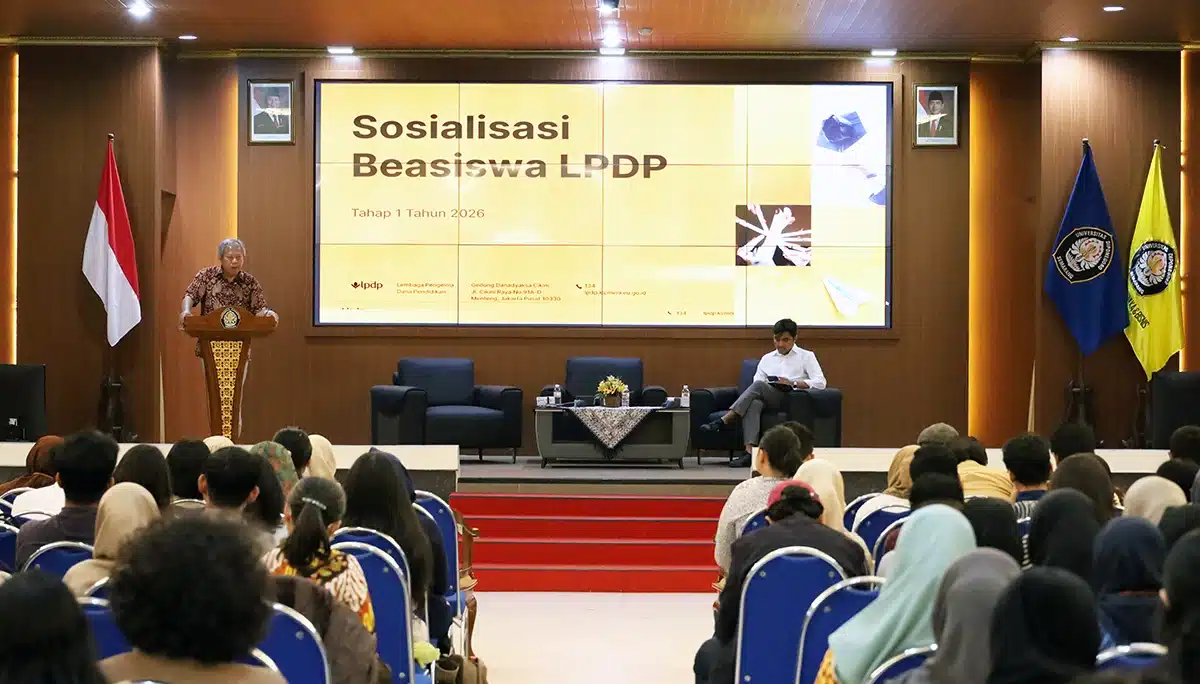After the festivity of Eid al-Fitr that we witnessed in various regions of Indonesia, the beginning of the month of Shawwal is often interpreted as a month of triumph. Multiple celebrations and traditions are held in various areas of Indonesia to commemorate the start of the Hijri calendar month, commonly known as the tradition of Syawalan. These various celebrations and Syawalan traditions highlight the uniqueness and distinctiveness of each region where the celebrations take place.
Humans are described as homo festivus or creatures who enjoy creating various festivals or celebrations. One of them is a festival with a religious nuance, such as the tradition of Shawalan celebrations held a few days after Eid al-Fitr in several places in Java, usually held on the eighth day or extended to the weekend in the month of Shawwal. On that day, the community collectively feels the need to celebrate the tradition of Syawalan.
Bakda Kupat
One week after celebrating Eid al-Fitr, communities in several areas will hold another celebration, namely the Syawalan tradition commonly known as bakda kupat (ketupat Lebaran). It’s called Syawalan because it’s held in the month of Shawwal, and it takes place after Eid al-Fitr. Some people also call it bakda kupat because it’s common for many people to make kupat/ketupat (rice cakes) at that time. In the celebration, in various regions, there is a collective prayer, after which the residents exchange the ketupat they bring. In some areas, residents hold events where they compete for ketupat to enliven the celebration. In addition to ketupat, other foods in some regions include lepet, apem, and fruits.
The tradition of bakda kupat is said to be one of the celebrations after Eid al-Fitr that has existed since ancient times, during the early 15th century Demak Sultanate era. The square-shaped ketupat in Javanese society is often interpreted as the ‘kiblat papat lima pancer,’ as advice on the balance of nature related to the four cardinal directions centered on one point. For the Javanese community, ketupat is said to have been introduced by Sunan Kalijaga. In its development, this ketupat spread to various regions in the archipelago as the main dish during Eid al-Fitr. The influence of the Wali Songo (nine saints) and their disciples in spreading Islam during that period is said to have spread this typical Eid dish to various regions in the archipelago.
In Javanese society, ketupat is also often associated with the acronym laku papat, which means four actions: lebaran (the end of fasting), luberan (overflowing, sharing happiness and blessings with those in need), leburan (melting away sins through forgiveness), and laburan (white chalk symbolizing purity).
The tradition of bakda kupat contains philosophical values that have been passed down during the spread of Islam in the archipelago, especially in Java. Therefore, considering how familiar the Muslim community of the archipelago is with this tradition, it is also essential to preserve this local wisdom so that future generations can still experience it. Preserving it involves continuing the tradition in the present and passing down the philosophical values of the kupatan tradition to future generations as part of social wisdom (local wisdom).
Lomban Feast at Jepara Beach
The tradition of Syawalan or bakda kupat in the coastal areas around Jepara to Rembang is better known as the Lomban Feast. The Lomban Feast is a celebration of the fishing communities in that area, which was initially associated with the sea charity. The term Lomban, according to some people in Jepara, is said to originate from the word lelumban or the fishing community at that time having fun at sea. In the celebration, they prepare various equipment for the celebration resembling battles at sea. The equipment can include various drinks and foods, especially ketupat.
The Lomban feast contains several educational values and advice that we can take. Among them are the importance of maintaining ties, family attitudes, the need for mutual cooperation, the need for recreation, and the importance of maintaining balance between life and nature. The tradition of Syawalan or bakda kupat, which has been passed down since the spread of Islam in the archipelago, especially Java, and is still maintained by the community until now, provides wise messages and advice to us. We have a responsibility to preserve and continue this good tradition as part of local wisdom.
Author: Dr. Sukarjo Waluyo, S.S., M.Hum. (Chair of the Indonesian Literature Department, Faculty of Humanities UNDIP)









